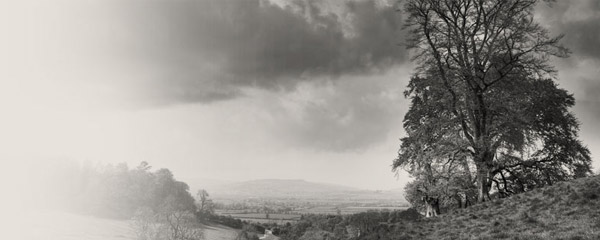

What to do when death occurs and how to register a passing
What to do when a death occurs...
Losing someone close to you can be a very difficult time in your life.
Our experienced team of arrangers are here to advise and support you through the process of making the funeral arrangements.
When a death occurs at home it is necessary to contact the deceased Doctor (or the out of hours service) to attend and confirm the death. If the person passes away in a nursing home or hospice the staff at the home will contact the 'on-call' Doctor to certify the death on your behalf.
Once the Doctor has confirmed the death, a ‘ Medical Certificate’ will be issued. If the person passes away out of normal surgery hours, it is possible that an 'on-call' Doctor will attend. If this is the case a letter will be given to the next of kin, attesting (evidencing) that the death has been confirmed. The 'Medical Certificate’ will then need to be collected from the Doctor’s surgery when it is ready.
When a death occurs in a hospital, they will manage this process for you, however you may have to wait for the administrative staff to advise you when the Medical Certificate is ready to be collected.
Once the Doctor / District Nurse / Paramedic has attended, the Funeral Director can then bring your loved one back into their care.
PLEASE DO NOT CALL US UNTIL DEATH HAS BEEN CERTIFIED.
When death is unexpected...
When a death is unexpected or the cause is uncertain, the attending Doctor must contact the office of the local Coroner as a formality. Once informed, the Coroner will organise for the deceased to be taken to the local H.M. Coroners Court where they will determine how the person died; this may sometimes result in an examination (post-mortem) to determine the exact cause of death.
If the Coroner is involved the funeral may be delayed until they have finished their investigations; the Coroners officer will liaise directly with the next of kin and explain the necessary procedures.
Registering the death and notifying the authorities
The first step is to register the death at a Registrars Office; this must be done within 5-days and can only be done once the 'Confirmatory Medical Certifiate of Cause of Death' has been issued. An appointment will need to be made to register the passing. It is important to remember that a passing must be registered in the district that the person has passed away.
Local Government Registery offices:
- STROUD - The Register Office, The Old Victorian School House, Parliament Street, Stroud, Gloucestershire, GL5 1DY
- GLOUCESTER - Registration of Births, Deaths & Marriages, Shire Hall, Westgate Street, Gloucester, GL1 2TG
- CHELTENHAM - The Register Office, St. George's Road, Cheltenham, Gloucestershire, GL50 3EW.
All contactable on the following telephone number - 01452 425 060 (Option 1).
Supporting Documents Required for the Deceased (where appropriate):
- Confirmatory Medical Certificate of Cause of Death
- Birth Certificate
- Passport
- Driving Licence
- Proof of Address (Utility Bill)
- Marriage/Civil Partnership Certificate
- Deed Poll
- NHS medical card.
Supporting Documents Required of the Informant (where appropriate):
- Passport
- Driving Licence
- Proof of Address (Utility Bill).
The Registrar will give you:
- Certified copy of Entry of Death (The Death Certificate)
- A Green Certificate for burial or cremation (must be given to the Funeral Director)
- A form for the D.W.P. to alter pensions, widows benefit or to claim assistance for funeral expenses
- Advice leaflets with additional information
Please note: Financial institutions such as Banks, Building Society’s or Insurers will require official copies of this document, which you can obtain when registering. You can find up to date information on the cost of purchasing a death certificate via Gloucestershire County Council’s website: HERE
If you need any further support or information to help you through this process, please contact our office on 01453 822 409.


